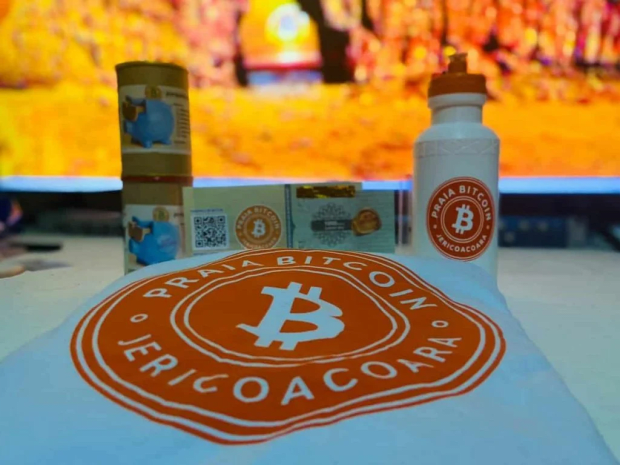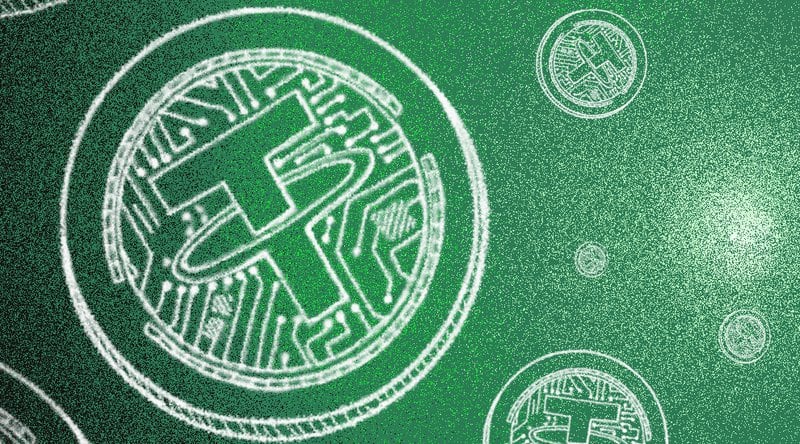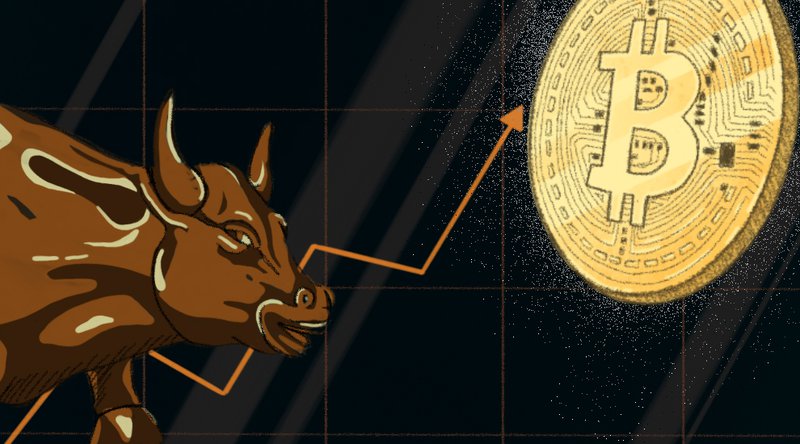Can Bitcoin Replace Home Ownership Dreams For New Immigrants?
For centuries, the United States has been a country of immigrants seeking better futures and offering a sanctuary for refugees fleeing war and prosecution. Alongside the dark history of exploitation and injustice, from the genocide of Native Americans to the enslavement of millions of Africans.
The 1776 Declaration of Independence declared radical ideas of universal human rights and equality that changed the history of the world. However, it took nearly two more centuries of struggle to extend these rights to minorities.
From the Chinese Exclusion Act (1882) to the systemic exclusion of building wealth for people of color, while significant progress has been made over decades, inequality and invisible barriers to opportunity still exist. Ironically, the Chinese government, which aggressively banned Bitcoin several times, saw fit to release an extensive report on “Human Rights Violations in the United States” in 2022, gleefully pointing fingers at America’s failings.
Despite its imperfections, the United States was still considered the most desirable destination worldwide for those looking to migrate to a new country, according to a 2021 Gallup survey. Out of approximately 900 million people globally who wanted to migrate, the largest group was people who sought to migrate to the United States. The enabling environment and limitless possibilities continued to draw new economic migrants, and promise hope to displaced people all around the world.
As Jimmy O. Yang, an American actor and author of How to American: An Immigrant’s Guide to Disappointing Your Parents, wrote in his book, “You can make it big as a banker, a real estate developer and a doctor in Hong Kong, but you can literally be an astronaut, a rock star or anything you want in America. We moved here believing in the American dream.”
While attracting those seeking economic opportunity, the United States has admirably opened its doors to hundreds of thousands displaced by humanitarian crises abroad. According to data from the Refugee Processing Center (RPC), the U.S. Refugee Admission Ceiling to admit 125,000 refugees in Fiscal Year 2023, already accepting 14,500 from the Democratic Republic of Congo, 6,800 from Syria, and 5,200 from Burma (Myanmar) as of July – among the top countries of origin out of many worldwide. Though only 1,158 Ukrainian refugees and 5,015 Afghan refugees have been welcomed on American soil so far this year, the U.S. commitment remains noteworthy in scale and scope.
While the support given to Ukrainian refugees by the U.S. is incredibly meritorious, refugees of color from places like Syria, Congo, Afghanistan, and many hidden stories have not received equal assistance in the U.S. Talented refugees often struggle to find jobs matching their skills and abilities. Meanwhile, major global companies such as Airbnb, Google, and Uber have initiatives to specifically help Ukrainian refugees. Additionally, millions in scholarships and/or resource support from more than 120 universities have been made available for Ukrainian students – The University of Chicago alone allocated $20 million. This level of institutional support is unambiguously large compared to what is available for other groups, like the Myanmar Scholarship Fund. Initiatives by the American business community could only provide around $5,000 each for about 80 Myanmar students each year while the country, enduring the world’s longest civil war, requires assistance just as much as the population in Ukraine. Refugees share common threads of humanity and trauma. My goal is to uplift, not divide, by championing equity to empower those who have been overlooked. I wonder what if we could duplicate these successful initiatives and expand support to talented students and talented immigrants/refugees from different conflict regions and countries with double to triple digit inflation rates.
According to Google’s English Dictionary defines the American Dream (noun) as “the ideal by which equality of opportunity is available to any American, allowing the highest aspirations and goals to be achieved.”
In contrast to the noble ideals, the research-based Urban Institute article states that “the United States disproportionately values owning over renting, and homeownership is viewed as a critical piece of ‘the American dream’,” and provides valuable data showing worrying homeownership trends that challenge the attainability of the American Dream.

Another insightful source, though not an official research body, is the popular platform “WTF Happened in 1971?” frequently mentioned by those examining the 1971 US complete abandonment of the gold standard. The visual data on the website highlights that while it only took 2.4 years of life and labor to save for a house in 1970, this stretched to 6.9 years of wages by 2020.
Given this troubling trend, and the hidden dark history of the U.S. government systemically prohibiting African Americans from buying homes in the 1930s, the different treatment of refugees of color may encounter similar emergences of a new racial inequality in the next 20 years from now.
At the same time, compared to the appreciation of U.S. home prices over the past 10 years, the rise in the price of Bitcoin has been astronomical, increasing over 13,000,000%. This staggering growth far outpaces gains in traditional assets. Moreover, homes come with disadvantages like maintenance, insurance, taxes, and take weeks to liquidate. Conversely, Bitcoin offers unique advantages like portability, divisibility, and speed of light transaction. Unlike real estate, Bitcoin allows New Americans to start building wealth from just $1 dollar, without discrimination based on their skin color, the language they speak, or the country from which they came.
There is no need to lock in decades of mortgage payments. With Bitcoin, New Americans can access a powerful tool for financial inclusion and freedom, unshackled from systemic barriers, visible and invisible. Just as pioneers moved West for fresh starts on new frontiers, Bitcoin offers the potential for refugees and immigrants regardless of their origin to stack their Sats in this 21st century digital environment.
There are reasons to hope. America again has a choice.
Will we live up to 1776 founding ideals of equality before the law, or allow injustice to persist?
As a New American myself, I feel that people hold different versions of their American Dream. I updated my American Dream with Bitcoin. Innovations like Bitcoin offer truly equal opportunity without enslavement. Bitcoin supports decentralized democracy by nature, defends human rights, and has no systemic segregation. I believe by embracing our shared humanity through Bitcoin, we can expand access to the updated inclusive version of the American Dream. Like many New Arrivals, my future in this country remains unwritten, but I still believe that with hard work, perseverance, and Bitcoin, the best may yet be to come.
This is a guest post by Win Ko Ko Aung. Opinions expressed are entirely their own and do not necessarily reflect those of BTC Inc or Bitcoin Magazine.









